Cashew Nuts – Promotes weight loss, Improves heart health, rich in fiber & protein, contains variety of vitamins & minerals – 100% pure organic
- Regular price
- Rs. 3,920
- Regular price
-
Rs. 4,355 - Sale price
- Rs. 3,920
- Unit price
- per
Pay in 3 Installments of
Rs.
1,502
Prime Fast Delivery
|
Vendor:
ChiltanPure
10 customers are viewing this product
Couldn't load pickup availability

Vendor: ChiltanPure
Cashew Nuts – Promotes weight loss, Improves heart health, rich in fiber & protein, contains variety of vitamins & minerals – 100% pure organic
Rs. 3,920
Vendor: ChiltanPure
Cashew Nuts – Promotes weight loss, Improves heart health, rich in fiber & protein, contains variety of vitamins & minerals – 100% pure organic
Rs. 3,920
Note: Organic products can naturally attract bugs. To keep them away, tightly seal the jar after use and keep it in a cold, dry place.
Chiltanpure cashew nuts
Roasted and salted cashews are a deliciously crunchy snack that offers both satisfying taste and a wealth of nutritional benefits. These golden nuts are packed with healthy fats, protein, and fiber, making them an excellent option for boosting energy and keeping you full between meals. Rich in essential minerals like magnesium, copper, and iron, cashews support strong bones, a healthy immune system, and improved blood circulation. The light roasting and touch of salt enhance their naturally rich flavor, making them an irresistible snack that’s both tasty and nutritious.
Beyond being a great source of energy, roasted and salted cashews are perfect for maintaining heart health. Their high levels of monounsaturated fats help reduce bad cholesterol levels, improving cardiovascular health and reducing the risk of heart disease. Cashews also support brain health, thanks to their magnesium content, which helps with relaxation and cognitive function. Whether enjoyed straight from the pack, added to salads, or incorporated into baked goods, roasted and salted cashews are a versatile, healthy treat for every occasion.
- Calories: 157
- Protein: 5 grams
- Fat: 12 grams
- Carbs: 9 grams
- Fibre: 1 gram
- Copper: 67% of the Daily Value (DV)
- Magnesium: 20% of the DV
- Manganese: 20% of the DV
- Zinc: 15% of the DV
- Phosphorus: 13% of the DV
- Iron: 11% of the DV
- Selenium: 10% of the DV
- Thiamine: 10% of the DV
- Vitamin K: 8% of the DV
- Vitamin B6: 7% of the DV
Shop Cashew & Get delivery in Karachi, Lahore, Rawalpindi, Islamabad, Faisalabad, and across Pakistan.
key words
kaju kajo kajoo kajju / kaaju / kaajo / daraya fruit / sardiyon ki sogat / dryfriut
Promotes Heart Health
Cashews are high in monounsaturated fats, which help reduce bad cholesterol (LDL) levels while increasing good cholesterol (HDL), promoting a healthy heart and reducing the risk of cardiovascular diseases.Provides Plant-Based Protein
Packed with protein, cashews are a great option for muscle repair and growth. They make an excellent plant-based protein source for vegetarians and anyone looking to add more protein to their diet.brSupports Bone Health
Cashews are rich in magnesium, copper, and calcium, which are essential for maintaining strong bones and preventing conditions like osteoporosis.Enhances Brain Function
The magnesium and healthy fats found in cashews contribute to improved cognitive function, better memory, and overall brain health, helping you stay sharp and focused.|
Enjoy a handful of cashews as a quick, healthy, and satisfying snack.
|
|
Sprinkle cashews over oatmeal, yogurt, porridge, or use them in cakes, cookies, energy bars, or traditional sweets like kheer and halwa.
|
|
|
|
|
Related Products
Mama's Jan
Example product title
- Regular price
- From Rs. 1,199
- Regular price
-
Rs. 1,332 - Sale price
- From Rs. 1,199
- Unit price
- per
Mama's Jan
Example product title
- Regular price
- From Rs. 1,199
- Regular price
-
Rs. 1,332 - Sale price
- From Rs. 1,199
- Unit price
- per
Mama's Jan
Example product title
- Regular price
- From Rs. 1,199
- Regular price
-
Rs. 1,332 - Sale price
- From Rs. 1,199
- Unit price
- per
Mama's Jan
Example product title
- Regular price
- From Rs. 1,199
- Regular price
-
Rs. 1,332 - Sale price
- From Rs. 1,199
- Unit price
- per
Mama's Jan
Example product title
- Regular price
- From Rs. 1,199
- Regular price
-
Rs. 1,332 - Sale price
- From Rs. 1,199
- Unit price
- per
Mama's Jan
Example product title
- Regular price
- From Rs. 1,199
- Regular price
-
Rs. 1,332 - Sale price
- From Rs. 1,199
- Unit price
- per
Mama's Jan
Example product title
- Regular price
- From Rs. 1,199
- Regular price
-
Rs. 1,332 - Sale price
- From Rs. 1,199
- Unit price
- per
Mama's Jan
Example product title
- Regular price
- From Rs. 1,199
- Regular price
-
Rs. 1,332 - Sale price
- From Rs. 1,199
- Unit price
- per
Mama's Jan
Example product title
- Regular price
- From Rs. 1,199
- Regular price
-
Rs. 1,332 - Sale price
- From Rs. 1,199
- Unit price
- per
Mama's Jan
Example product title
- Regular price
- From Rs. 1,199
- Regular price
-
Rs. 1,332 - Sale price
- From Rs. 1,199
- Unit price
- per
Recently Viewed Products
Mama's Jan
Example product title
- Regular price
- From Rs. 1,199
- Regular price
-
Rs. 1,332 - Sale price
- From Rs. 1,199
- Unit price
- per
Mama's Jan
Example product title
- Regular price
- From Rs. 1,199
- Regular price
-
Rs. 1,332 - Sale price
- From Rs. 1,199
- Unit price
- per
Mama's Jan
Example product title
- Regular price
- From Rs. 1,199
- Regular price
-
Rs. 1,332 - Sale price
- From Rs. 1,199
- Unit price
- per
Mama's Jan
Example product title
- Regular price
- From Rs. 1,199
- Regular price
-
Rs. 1,332 - Sale price
- From Rs. 1,199
- Unit price
- per
Mama's Jan
Example product title
- Regular price
- From Rs. 1,199
- Regular price
-
Rs. 1,332 - Sale price
- From Rs. 1,199
- Unit price
- per
Mama's Jan
Example product title
- Regular price
- From Rs. 1,199
- Regular price
-
Rs. 1,332 - Sale price
- From Rs. 1,199
- Unit price
- per
Mama's Jan
Example product title
- Regular price
- From Rs. 1,199
- Regular price
-
Rs. 1,332 - Sale price
- From Rs. 1,199
- Unit price
- per
Mama's Jan
Example product title
- Regular price
- From Rs. 1,199
- Regular price
-
Rs. 1,332 - Sale price
- From Rs. 1,199
- Unit price
- per
Mama's Jan
Example product title
- Regular price
- From Rs. 1,199
- Regular price
-
Rs. 1,332 - Sale price
- From Rs. 1,199
- Unit price
- per
Mama's Jan
Example product title
- Regular price
- From Rs. 1,199
- Regular price
-
Rs. 1,332 - Sale price
- From Rs. 1,199
- Unit price
- per
- Choosing a selection results in a full page refresh.
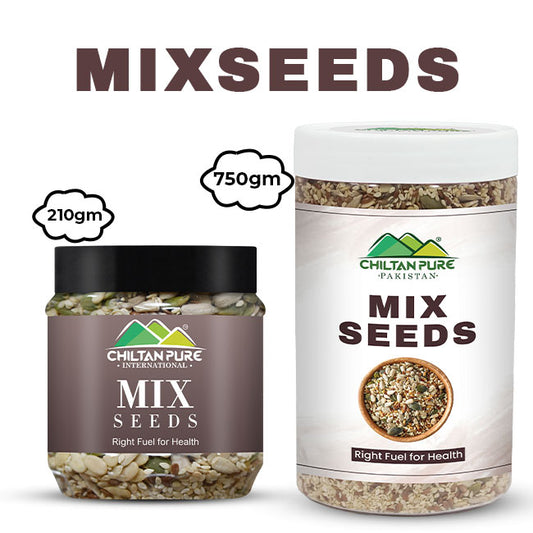
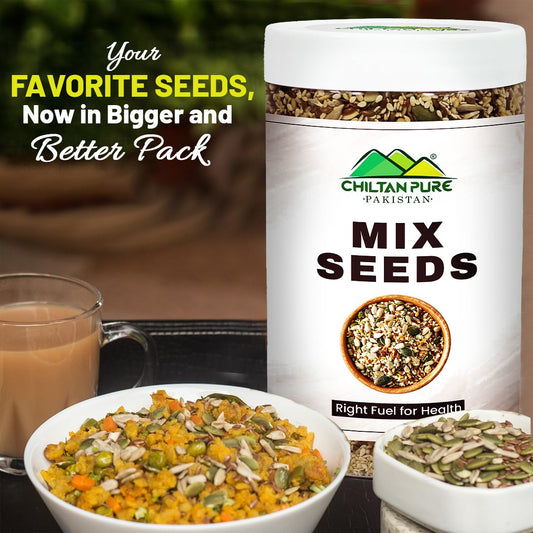
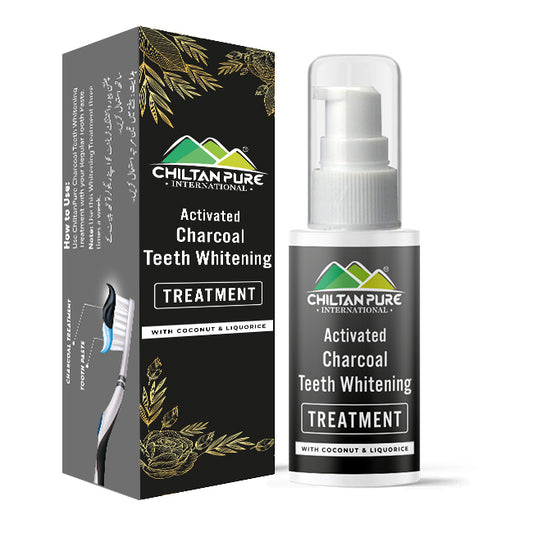

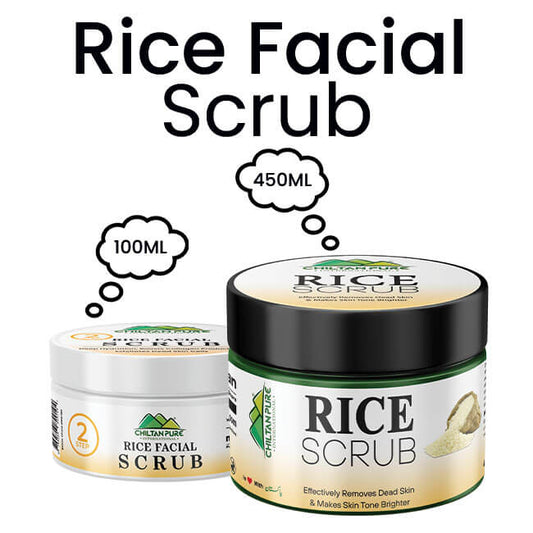

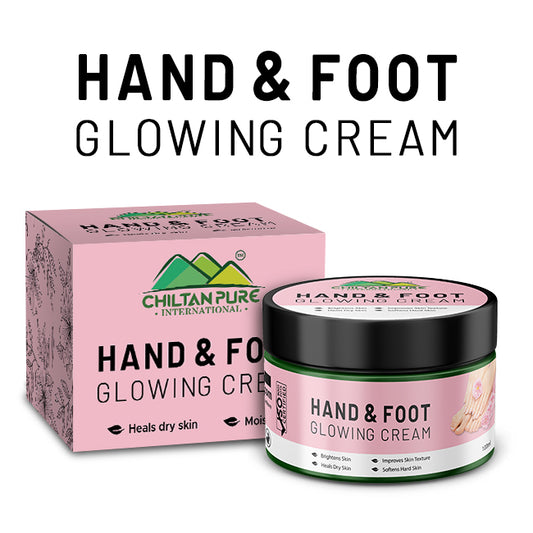

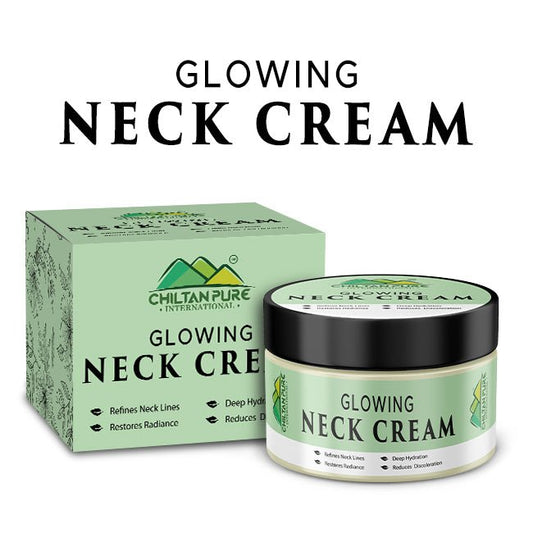

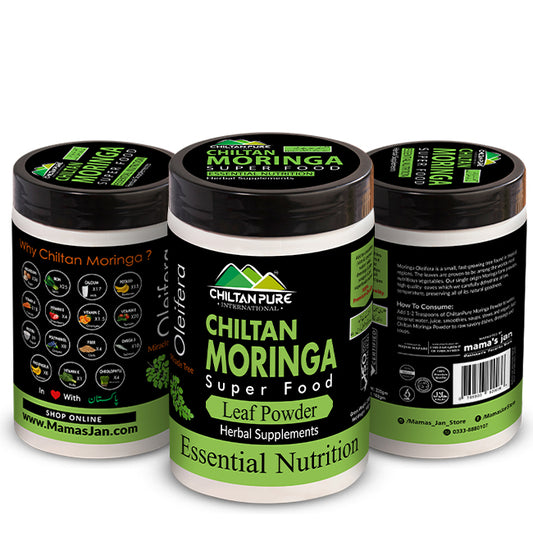
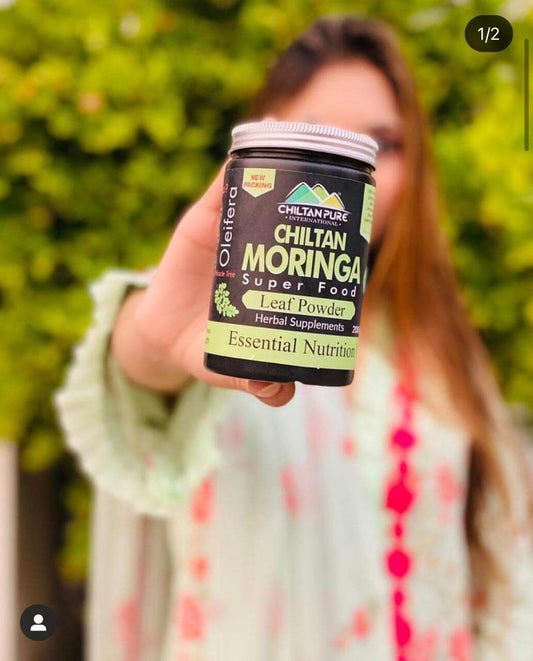
![Chia Seeds – Make Skin Glow, High in Fiber, Protein & Aid in Weight Loss [تخم میکسیکو]](http://mamasjan.com/cdn/shop/files/Chia-seeds-wb_1_533x.jpg?v=1739000274)
![Chia Seeds – Make Skin Glow, High in Fiber, Protein & Aid in Weight Loss [تخم میکسیکو]](http://mamasjan.com/cdn/shop/files/ChiaSeeds1_533x.jpg?v=1739000274)
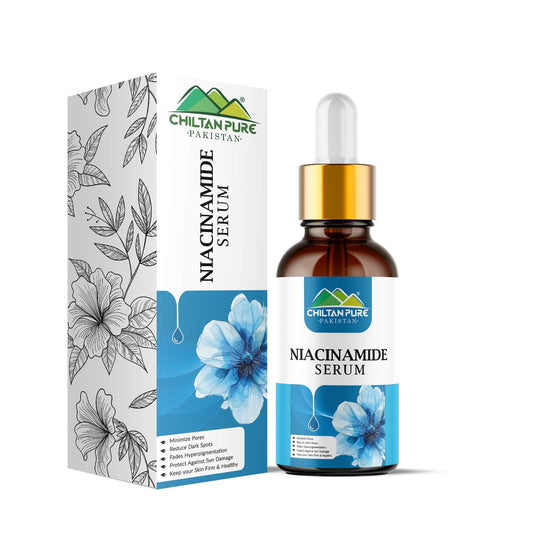

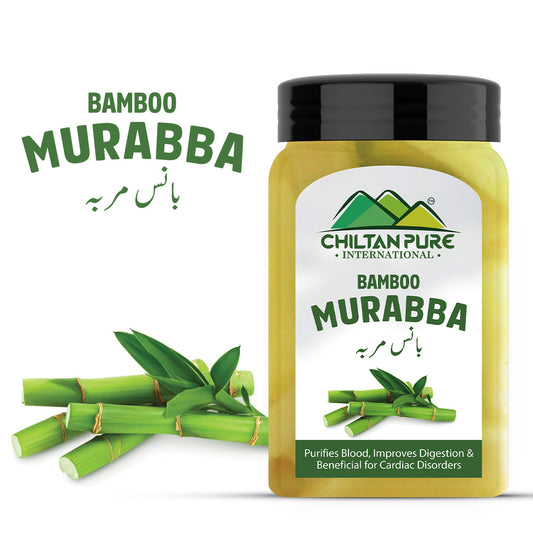

![Red Onion Oil 🧅 Reduces Hair Fall & Accelerates Hair Regrowth [پیاز کا تیل].. Trending.... 🔥](http://mamasjan.com/cdn/shop/files/Onion-Oil_533x.jpg?v=1707234402)
![Red Onion Oil 🧅 Reduces Hair Fall & Accelerates Hair Regrowth [پیاز کا تیل].. Trending.... 🔥](http://mamasjan.com/cdn/shop/files/shampoo-oil-4_3a0058c6-20d2-4f79-8050-19cf717015ac_533x.jpg?v=1708103599)











